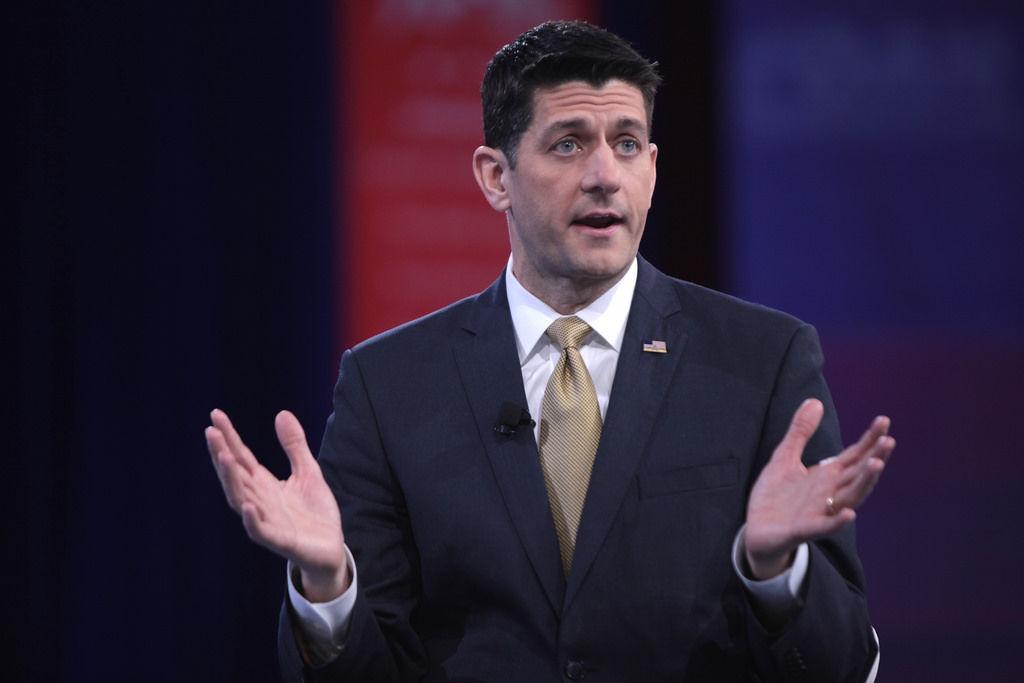President Donald Trump released a statement Oct. 31 declaring November 2017 National Adoption Month. According to Trump’s statement, the month is meant to celebrate families who have chosen to adopt and acknowledge those children still waiting for adoption. There are over 1.5 million adopted children living in the U.S., making up 2.5 percent of all American children as of 2001. Approximately 135,000 children are adopted in the U.S. each year.
The Republicans’ recent tax proposal originally contained a clause that revoked federal funding for the adoption tax credit. This segment of the bill received heavy backlash on both sides of the aisle and was promptly removed only days after its addition and before it was passed through the House. Removal of the adoption tax credit would have threatened potential adoptive parents’ ability to finance the steep costs of adoption in the U.S.
Nearly 64,000 U.S. families used the adoption tax credit in 2015, according to USA Today. The credit is worth a maximum of $13,570 for qualified adoption expenses including lawyer fees, travel expenses and “reasonable and necessary adoption fees” according to the IRS. A study conducted by Adoptive Families Magazine found the average total cost of adoption through an agency to be $39,966, well over the federal tax credit offered and much steeper than most American families can finance.
The irony of a proposed tax plan revoking the adoption credit while being supported by Republican pro-life congressman like Speaker Paul Ryan was not lost on many opponents of the bill. Democrats, pro-lifers and non-partisan adoption advocates alike criticized the bill for its potential harmful effects on adoption rates with good reason. Thousands of families have relied on this tax credit throughout the years and without it, many may not have been able to fund their adoption.
“It’s stunning to me that this package that is supposed to be pro-family eliminates the adoption tax credit, which is definitely not pro-family,” said Michaela Sims, spokesperson for Save the Adoption Tax Credit, before the proposal was reversed. “At the minimum, it’s a tax increase for families who choose to adopt. But at maximum, it could have a chilling effect on adoption.”
Proponents of the bill defended the cuts to adoption funding on behalf of the bigger financial picture. “The call is this: Do we want a tax code that has special provisions that you may need once in your life, or do we want a tax code that lowers rates every year of your life?” asked Rep. Kevin Brady, a Texas Republican and head of the House tax-writing committee.
The bigger picture of removing the adoption tax credit would, in reality, be a counterproductive means of lowering taxes while slashing critical funding for adoptions. Though the cut may have provided a minimal tax break for American taxpayers, the long-term effects on children in need of adoption would greatly offset any benefit.
The adoption system has a wide set of complicated pre-existing difficulties, and revoking funding would only intensify them. Fighting to protect the adoption tax credit, along with removing excessive red tape and reducing sky-high adoption costs, is necessary to better American adoptions. Legislators should not rely on using tax reduction as a crutch for harming vulnerable groups.
Hannah Kleinpeter is a 20-year-old mass communication junior from Baton Rouge, Louisiana.







